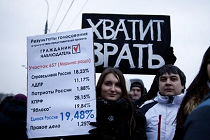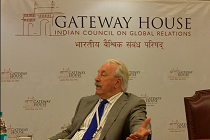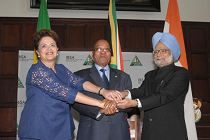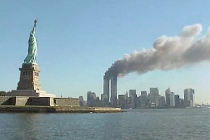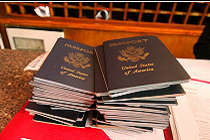India-Brazil: pioneers of a new development agenda
India and Brazil have declared inclusive development an imperative and have engineered creative solutions to meet their developmental challenges. But both also face many obstacles to equitable development. Can the upcoming BRICS Summit in New Delhi help drive a new development agenda?

